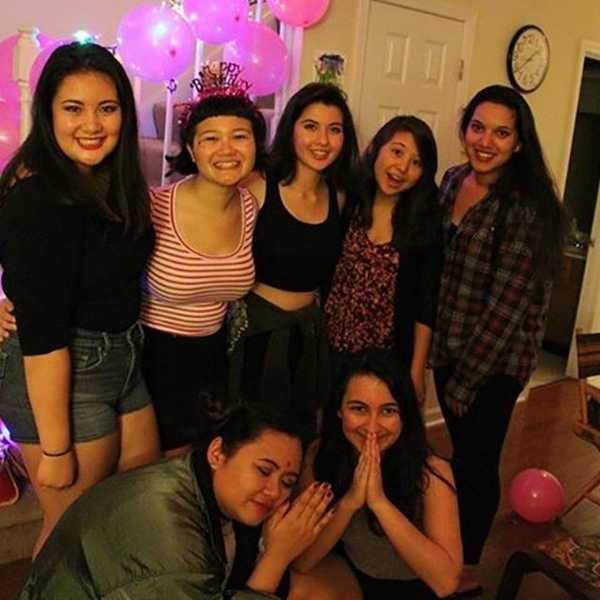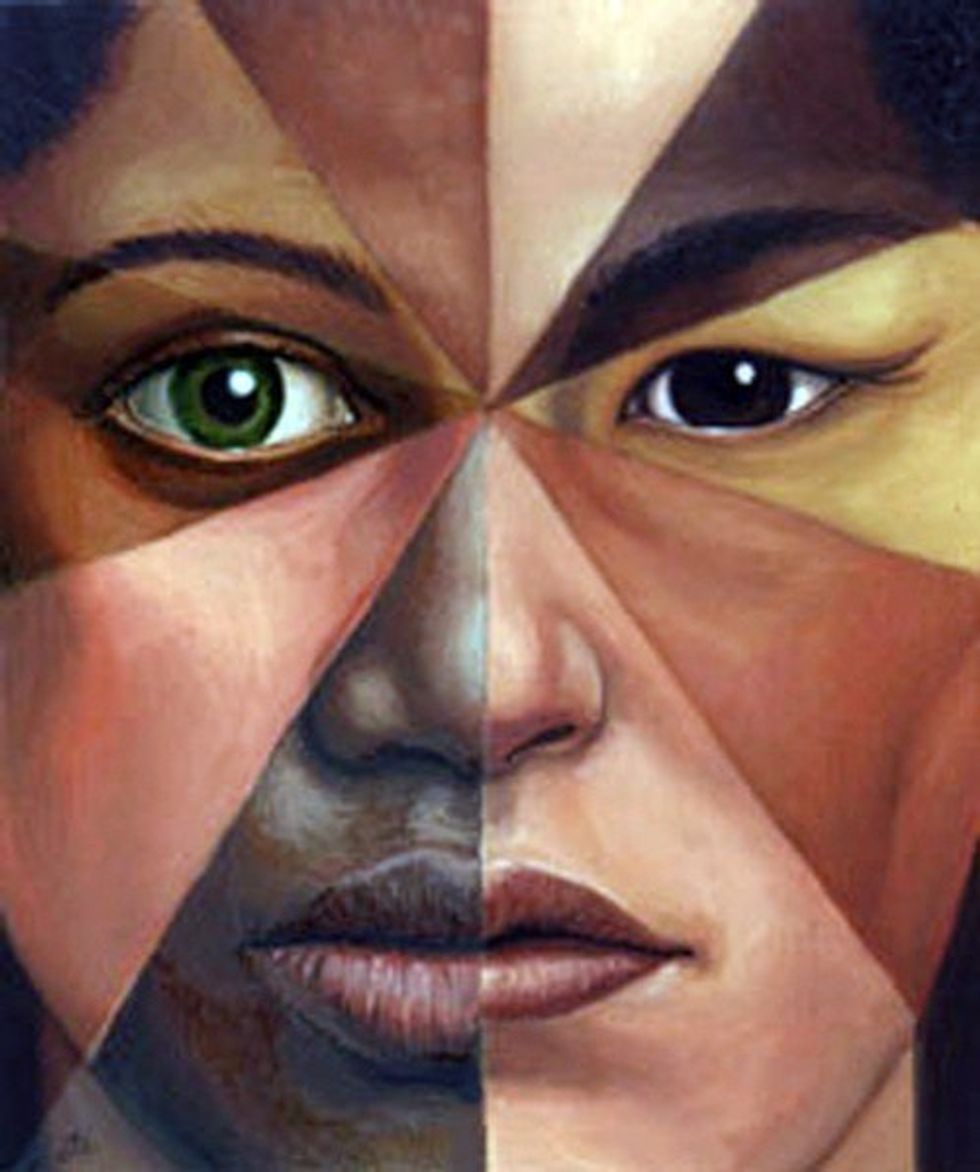Recently, I read an article on BuzzFeed about the different kinds of people you get to see at historically black universities. Sure enough, the "mixtape dude" came out on top, followed by a series of personalities such as the "dorm hairdresser," "the party promoter" and even faculty members such as "the adviser from hell" or “the professor who is like everybody’s mom.”
I smiled and nodded in agreement as I went through each category. As I scrolled through the comment section I saw something that made me hold my breath so I wouldn’t burst out laughing in front of my professor and classmates. (Yes, I was on the internet and not paying attention in a very important class, something that lots of college students apparently do.)
“You missed the token Asian.”
This was the comment that tickled my humor. I see the word “token” here as meaning an addition, a reward, or more specifically, like a “cherry on top.” After the advent of inclusion of all races in historically black universities, there has been a significant rise in the numbers of various races, especially asians. It’s unsettling to see so many asians on Howard University’s campus, especially in the bio or engineering department.
Of course, with so many cultural differences and even language barriers for some interactions, people are more likely to stick with others who are more compatible and preferably have similar views. In short, that means that when asians come to an HBCU, they are most likely to make friends with other asians. But soon enough, that gets pretty boring and people start moving out of their comfort zone and try and transcend cultural barriers to
The SCA.
I was talking to one of my Vietnamese friends, pondering the idea of possibly opening an asian student organization when he told me, “There’s an African student union, a Korean culture club, even some groups that represent particular states, so why not create an Asian Student Organization?”
“Yes, and what would we call it?” I asked.
“I don’t know, The Society of Clueless Asians, maybe?”
I proceeded to burst out laughing for about 10 minutes before I gathered my thoughts and remarked, “Hmm, that’s not a bad idea, actually.”
But no, even if we did open an Asian Student Organization at a historically black campus (which sounds pretty gutsy and out of place, actually), we would not name it the SCA, right Vietnamese friend? No? Okay. We just might. Maybe.
You Don’t Know Bobby Grey?! Okay, don’t take the "L."
Cultural mixing, integration and association of people regardless of where they are from or what race/creed they belong to is a very positive and necessary thing for the evolution of the mind and personal growth. However, this is sometimes difficult when people don’t have the same upbringing and don’t share similar ideas.
So, an Asian walks into a McDonalds (this might seem like a comparison to the classic, “So, a man walks into a bar” joke for Americans or Europeans, but for people who live in different regions of the world, they may not get the reference at all).
Anyways, I walk into a McDonalds near campus and stand in line for some food. Two jolly African American old timers are standing behind me. One of them looks at me, says, "Hi," then points at my neck and says, “Hey, you have a nice scarf!”
“Yeah!” the other says in unison, “You look like Bobby Grey with that.”
(Note: I don’t remember the exact name of the person he mentioned, so let’s just assume it was someone named Bobby Grey.)
By this time, I am perplexed. I look at his happy, excited face and ask, “I’m sorry, Bobby who?”
“Bobby Grey?!” he explained, his expression turning from a happy, bright smile to one of disbelief and frustration. “The singer?”
“Oh no, I’m sorry, I don’t know him.”
“Nah.” The other gentleman says in a grave tone, “He’s just playing with us. He knows Bobby Grey. What person not living in a cave wouldn’t know Bobby Grey?”
By this time the two of them were looking at me with expressions that suggested that they had just met someone with three eyes, two noses and half a lip.
In another incident, I was talking to a black friend of mine on campus when I mentioned disappointing news to her. (Not related to Bobby Grey, though.)
“Aw, that’s all right. Don’t take the L”, she said.
“Wait, don’t take the what?”
“The L.”
“The what?”
“You don't know?” she exclaimed, with the same expression of surprise and disbelief.
No, I didn’t know, and I wasn’t supposed to. My point being, growing up in a culture different to America’s gives you a perspective that is nothing like America’s. You listen to different music, watch different movies, eat different food and share different experiences, play different sports even drink beer which tastes different.
(Yes, the taste of beer differs by the country which it is produced in. Interesting, no?)
Sometime in your life, you might meet someone who might not know who Barack Obama is.
How flipped out would you be?
Doesn’t it make your blood boil? Someone who doesn’t know Barack Obama!? What person living on the same planet as you doesn't know Barack Obama? Isn’t it ridiculous?
The answer is … no. And let me explain why.
That person might be living in a country you’ve never heard before. Say, off the top of my head, Moldova, which is a country in Europe. Suppose you meet a person from Moldova, and he asks you if you know *insert random name* and begins to throw tantrums when you say you don’t know that singer. How dare you? How can you not know this famous, classic, all-time great Moldovian singer, have you been living under a cave?
See what I mean?
Final words.
As much as it's challenging being the minority race in a historically black university, it indeed is rewarding. When you immerse yourself in a culture which is so much different than yours, you are forced to do some serious introspection. Think about it this way, you have been living in a box all your life. Suddenly, the box disappears and you are put in another box, which is nothing like the first one. Then, you find yourself making connections between the two boxes, challenges the design of both and creating a mindset which involves content from both.
You begin thinking outside the box, literally.
And what's more, you even have the option of switching between boxes. Or not being in one, or being in both, however you'd like to imagine it.
Also, if you want to read the first two parts of this series, I have them lined up, just for you, below.




















